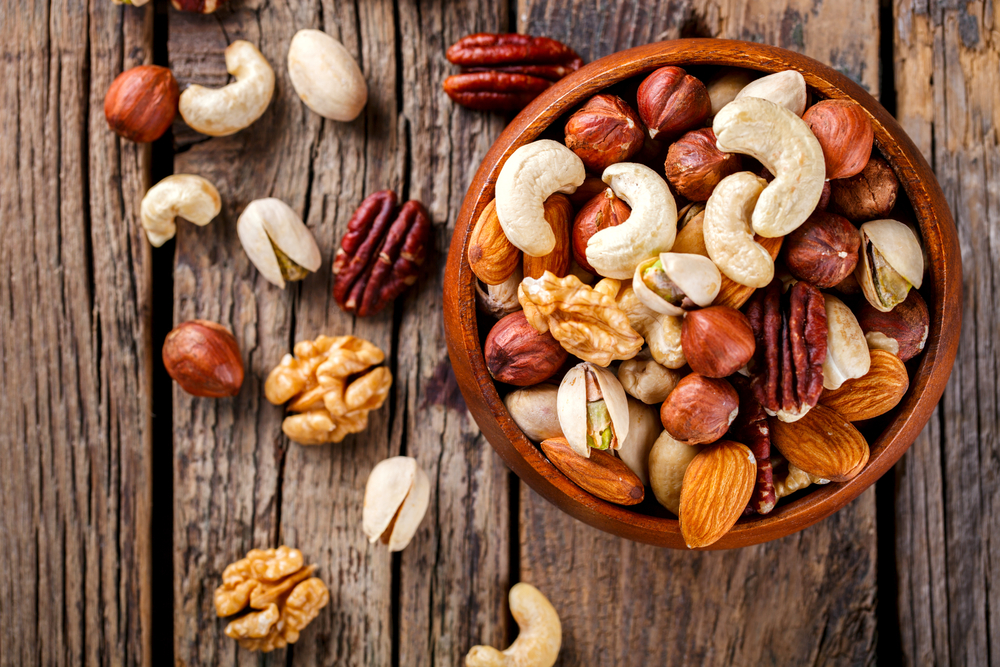Many people avoid nuts as they think it is too fattening and can lead to weight gain (and even acne).
However, nuts are nature’s way of showing us that good things come in small packages. Research shows that nuts are actually good for weight loss.
Most nuts apart from chestnuts contain a lot of calories (160-200 per ounce) in the form of healthy unsaturated fats. However those consume nuts on regular basis weigh less than those who do not. A Spanish study conducted on more than 9000 people shows that those who ate nuts at least twice a week were less likely to gain weight over 28 months than those who never or rarely ate nuts.
In another study conducted at Purdue University, 344 women were asked to add 300 calories from almonds to their regular diet and were directed to continue with their regular diet and lifestyle without purposefully cutting back on calories from food or increasing exercise. The study conducted over 10 weeks found no significant increase in weight on women.
Read also: how to toast nuts: 3 ways
Another study found that a low calorie diet which includes almonds led to more weight loss than the same diet without nuts. Hence, adding nuts to your diet even while dieting can help you lose weight.
Nuts have a satiating effect, thanks to their fiber content. When you feel full for longer, you will eat fewer calories, which helps promote weight loss. Snacking on nuts can help combat persistent hunger that is caused by lower-calorie diets.
Here are the types of nuts that are best for weight loss:
Almonds
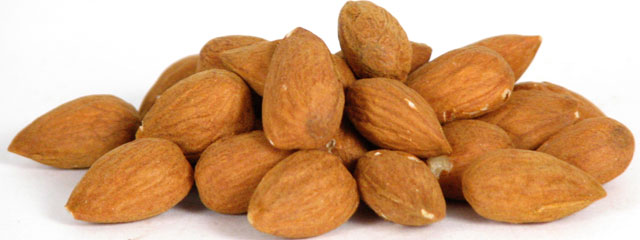
As explained in the research result before, each almond is like a natural weight-loss pill. Almonds are rich in the amino acid L-arginine that can actually help you burn more fat and carbs during workouts, according to a study printed in The Journal of the International Society of Sports Nutrition. They are also the richest sources of Vitamin E and Calcium; they contain 35% and 8% of the recommended daily amount per ounce respectively.
Brazil nuts
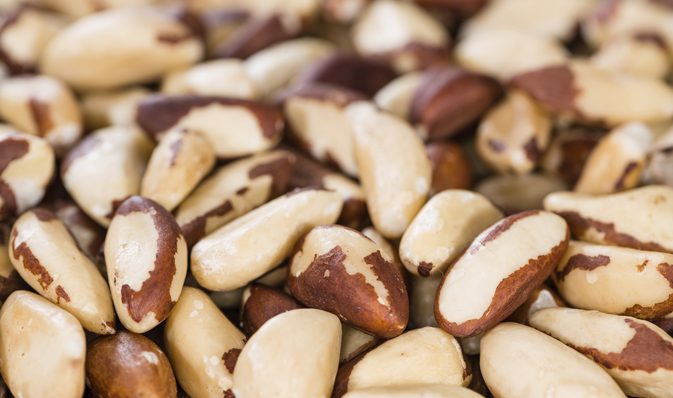
Brazil nuts are the richest source of selenium. Just eating half a nut provides the required daily amount while eating 2-3 can provide 200 micrograms the amount found to lower the risk of prostate cancer.
Walnuts
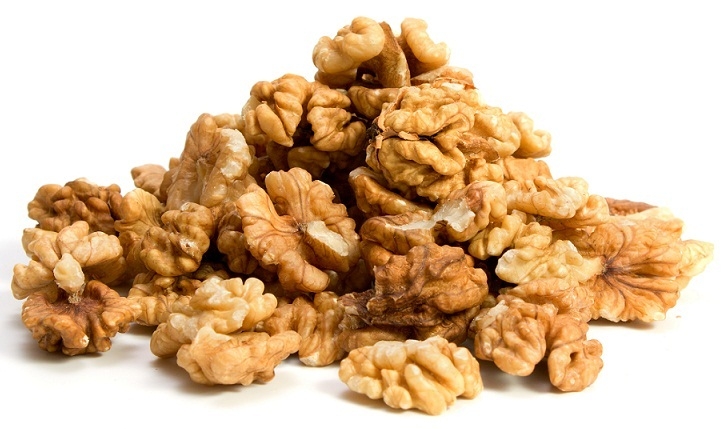
This nut offers a great balance of healthy fats, including omega-3 fatty acids that provide essential nutrients, which are shown to protect your heart and lower triglycerides. They are also rich in melatonin, which promotes a healthy sleep cycle.
Pistachios
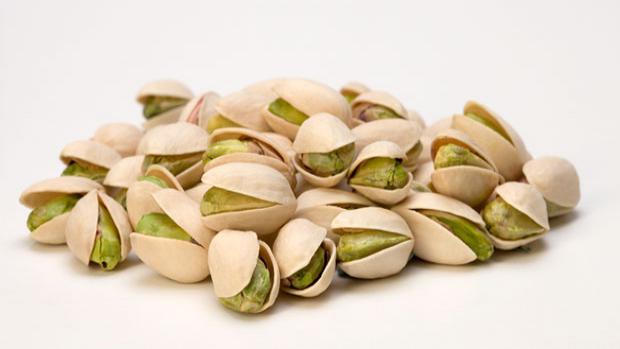
UCLA Center for Human Researchers divided study participants into two groups, each of which were fed a nearly identical low-cal diet for 12 weeks. The only difference between the groups was what they were given to eat as an afternoon snack. One group ate 220-calories of pretzels while the other group snacked on 240-calories worth of pistachios. Just four weeks into the study, the pistachio group had reduced their BMI (Body Mass Index) by a point, while the pretzel group stayed the same.
Peanuts

Peanuts are packed with fiber and protein, which can keep you satisfied and full for a long time and help manage your hunger. Peanut is one of the healthiest foods you can eat as it is boasting protein, potassium, phosphorus, calcium, niacin, folate and vitamin E. Eating peanuts can help reduce the chance of stroke and help boost your energy.
While the benefits of eating nuts may sound attractive, one should limit the quantity consumed to not more than an ounce or two per day.
The worst nuts for your diet, in the other hand, are macadamia nuts and pecans.
Ounce for ounce, macadamia nuts (10 to 12 nuts; 2 grams protein; 21 grams fat) and pecans (18 to 20 halves; 3 grams protein, 20 grams fat) have the most calories (200 each) along with the lowest amounts of protein and the highest amounts of fats.

